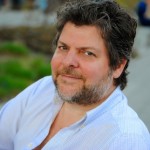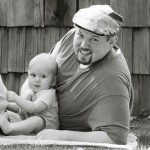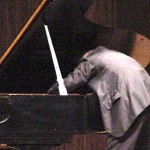
Composer Richard Russell is a philosopher at heart. In his mission to become a better composer, he went back to school to study the big questions surrounding aesthetics, music, and beauty. He has dug into both existential and practical composing topics in his podcast Creativity and Composition (one of my favorites). I'm pleased to bring you this Composer Quest podcast interview with Richard, in which we discuss everything from feminist musicology to Plato to getting performance royalties from ASCAP.








